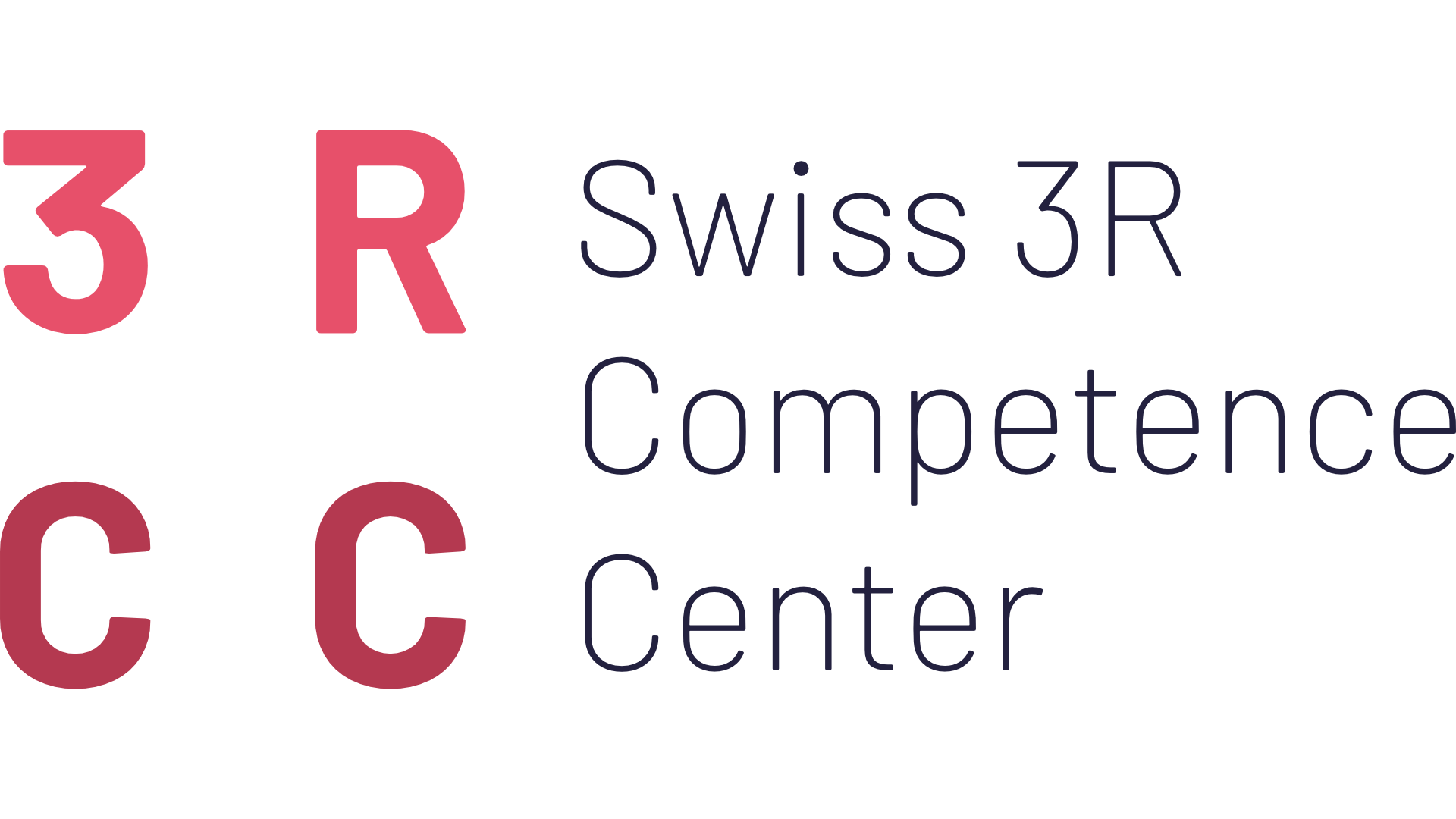The Swiss 3RCC funds innovative projects that offer the potential for advancement in the 3R Principle. Our funding opportunities can be found below, follow the specific scheme you are interested in to find out more information and the process for applications.
Funding opportunities
The funding schemes available for the current funding cycle (2025-2028) are still in their planning phase, and so are subject to change.
3Rs PROJECT GRANTS
This will be our main call for project funding, now every-other year. Open to academic researchers based in Switzerland aiming for significant 3Rs advancement. This effectively replaces the previous “Open Call” and “Targeted Call” schemes, and is setup to provide increased funding per call.
3Rs DOCTORATE PROGRAMME
The Swiss 3R Competence Centre announces its 2025 3Rs Doctorate Grant scheme, supporting innovative PhD research that advances the replacement, reduction, and refinement of animal use in scientific procedures. This competitive grant scheme follows a two-stage application process and aims to develop a new generation of researchers with strong 3Rs principles.
KNOWLEDGE TRANSFER GRANT
One of the challenges facing the implementation of 3Rs approaches is often the initial learning curve that other labs face in changing their standard procedures. There is an understandable concern that a potentially high initial investment may not be...
3Rs SUPPORT GRANT
Supporting ongoing research activities relevant to the 3Rs. Increasing 3Rs implementation, education and/or communication. Grants here are generally expected to be maximum CHF 20’000.- and as such function to enhance or implement 3Rs activities. This scheme replaces the previous Refinement Grant, without the strict focus and potential 3Rs-classification issues we’ve encountered. Next call likely to be 2026, or late 2025.
Apply for funding
PREVIOUS FUNDING SCHEMES
FUNDED PROJECTS
University of Bern
,
ARTORG Center for Biomedical Engineering Research
University of Bern

Institute of Parasitology
University of Zurich
